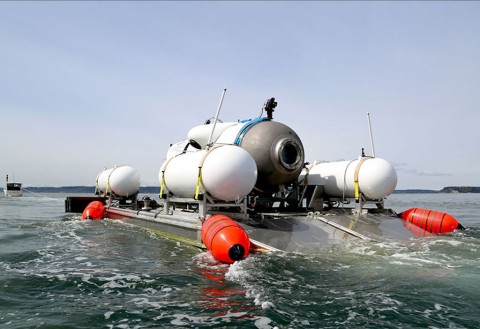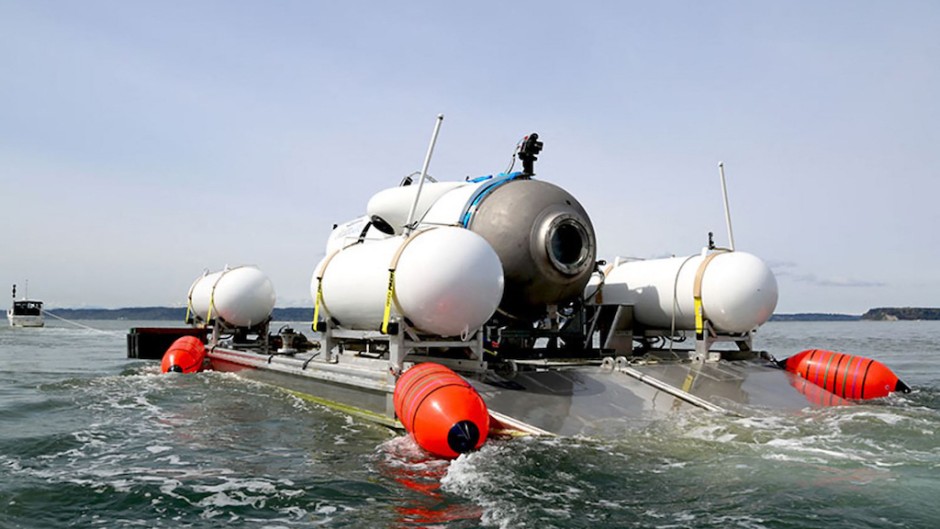
LONDON - The former business partner of Titanic submersible pilot Stockton Rush said that they put safety first when they co-founded their deep-sea exploration company.
"Titanic" movie director James Cameron has accused OceanGate Expeditions of ignoring safety warnings, after Rush and four other people were lost in a catastrophic implosion while descending to the shipwreck.
Guillermo Soehnlein, who started OceanGate with Rush before leaving the company in 2013, said he was not involved in the design of the Titan submersible, but denied his old friend was reckless.
READ: James Cameron says Titanic sub warnings 'went unheeded'
"He was extremely committed to safety," he told Britain's Times Radio.
"He was also extremely diligent about managing risks, and was very keenly aware of the dangers of operating in a deep ocean environment.
"So that's one of the main reasons I agreed to go into business with him in 2009."
READ: Families mourn after news of ‘catastrophic implosion’ of Titanic sub
Soehnlein noted that Cameron himself had conducted many submersible descents, including more than 30 to the Titanic site in the North Atlantic, and to the Earth's deepest point in the Pacific Mariana Trench.
"I think he was asked about a similar risk and he said, 'look, if something happens at that depth, it will be catastrophic in a matter of microseconds.'"
"To the point where the implosion happens at almost supersonic speeds and you'd basically be dead before your brain could even process that anything was wrong."
READ: All five on Titanic sub dead after 'catastrophic' implosion
Soehnlein stressed, however, that it was too soon to say what happened to the Titan, and that it was "tricky to navigate" to formulate global regulations for submersibles designed to go ultra-deep.
But deep-sea exploration should continue despite the tragedy, he said.
"Just like with space exploration, the best way to preserve the memories and the legacies of these five explorers is to conduct an investigation, find out what went wrong, take lessons learned and then move forward."

